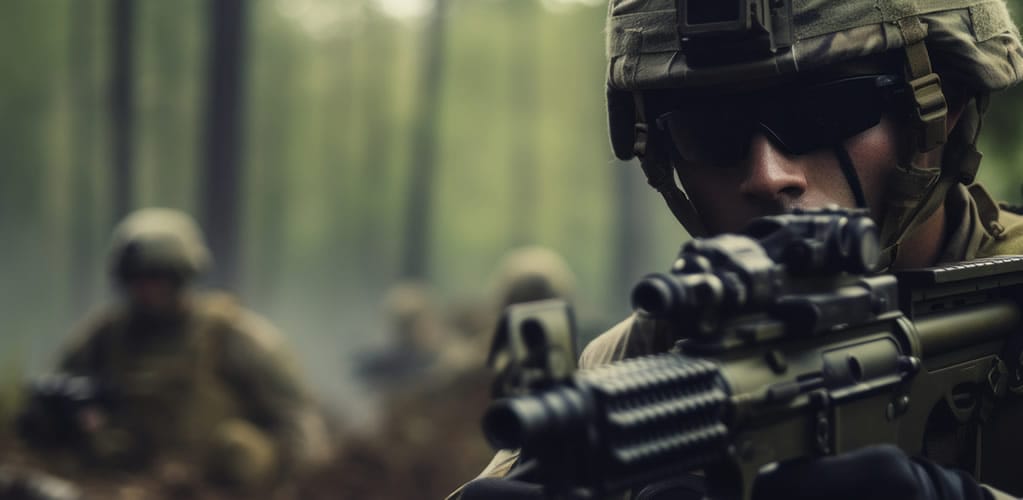NATO’s biggest exercise since Cold War could poke Russian bear
The start of 2024 witnesses escalating global threats: the ongoing conflicts in Gaza, Iran-Pakistan exchanges, China’s tensions with Taiwan, North Korea’s strategic shift, and a concerning prospect of Russia using nuclear weapons to deter NATO.

The start of 2024 witnesses escalating global threats: the ongoing conflicts in Gaza, Iran-Pakistan exchanges, China’s tensions with Taiwan, North Korea’s strategic shift, and a concerning prospect of Russia using nuclear weapons to deter NATO.
T hree weeks into 2024, the new year has certainly lived up to the promise of newness with a slew of global threats on the boil.
They’re not all new, but they’re newly hot and getting hotter.
There’s poor, broken Gaza, where nearly four months of Israel’s punishing military operations continue.
China has sent menacing patrols near Taiwan. It is in obvious response to the island’s defiant January 13 re-election of its incumbent ruling Democratic Progressive Party (DPP), which Beijing regards as separatist for refusing to define the island as part of China.
There has been an exchange of fire between Iran and Pakistan.
North Korea has formally abandoned the goal of “peaceful reunification” with the South, leading some analysts to suggest it may be preparing a surprise attack on South Korea and perhaps on Japan and Guam as well.
But most daunting of all may be the threat posed by a Russia that is alternately feared and scorned.
Ukraine continues to suffer and fight for its sovereignty, 23 months since Russia’s unprovoked invasion and Europe has moved on from wondering which country might be next. (Moldova?)
All the focus is on Moscow’s nuclear sabre-rattling. Is it just for show?
A new report by the International Institute for Strategic Studies (IISS) asks a frightening question: Could an embattled Russia use nuclear weapons to deter and defeat NATO in the belief that the West lacks the resolve to deliver a nuclear response?
The report said that the war in Ukraine has dented Russia’s confidence in its conventional forces and simultaneously increased the importance to Moscow of non-strategic nuclear weapons (NSNWs). These include nuclear weapons with a range of up to 5,500 km.
Though Russia has denied it poses a nuclear threat, President Vladimir Putin publicly warned the day of his full-scale invasion of Ukraine of “consequences that you have never faced in your history” if anyone tried to hinder Russia.

— NATO is mobilizing some 90,000 troops for its biggest military exercise since the Cold War.
The next few months are worth keeping Russia’s wariness of NATO front and centre: NATO is mobilizing some 90,000 troops for its biggest military exercise since the Cold War. According to AFP, Steadfast Defender 2024 will run until late May and involve units from all 31 NATO member countries plus candidate-member Sweden. The exercise, involving 50 naval vessels, 80 aircraft and more than 1,100 combat vehicles, will also touch NATO’s eastern flank, close to the Russian border.
It’s worrying to contemplate how NATO’s biggest exercise might poke the Russian bear.







[Read our Comments Guidelines]